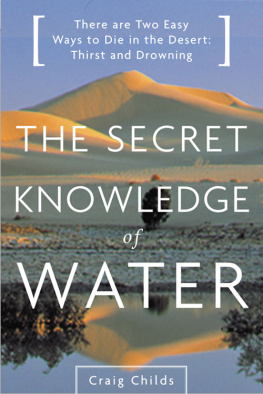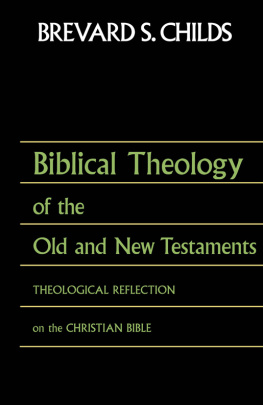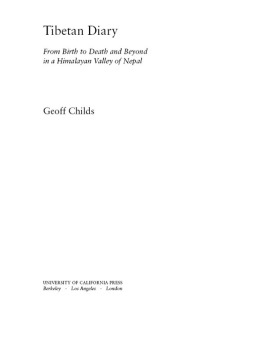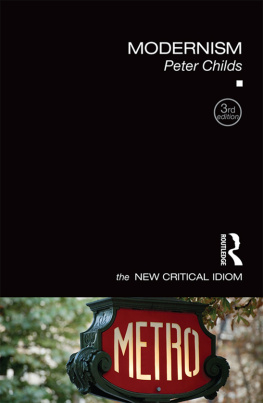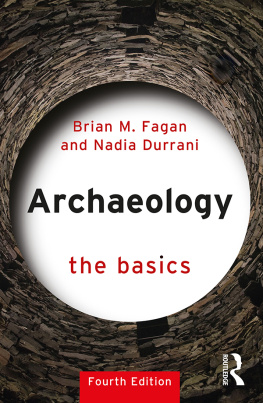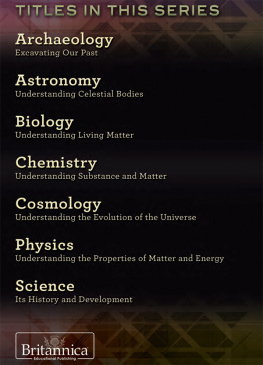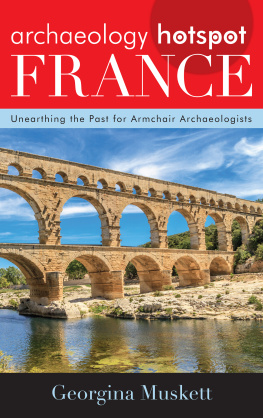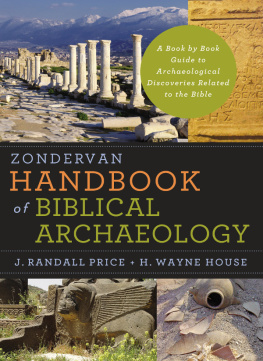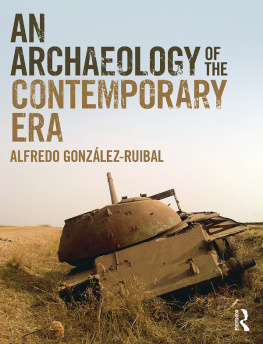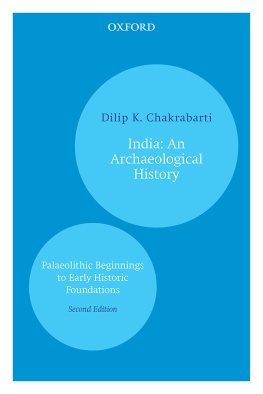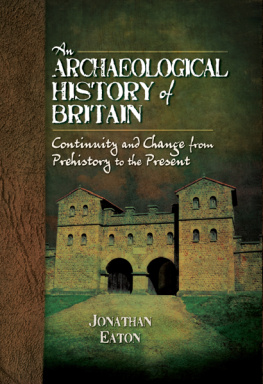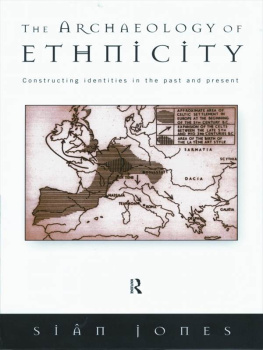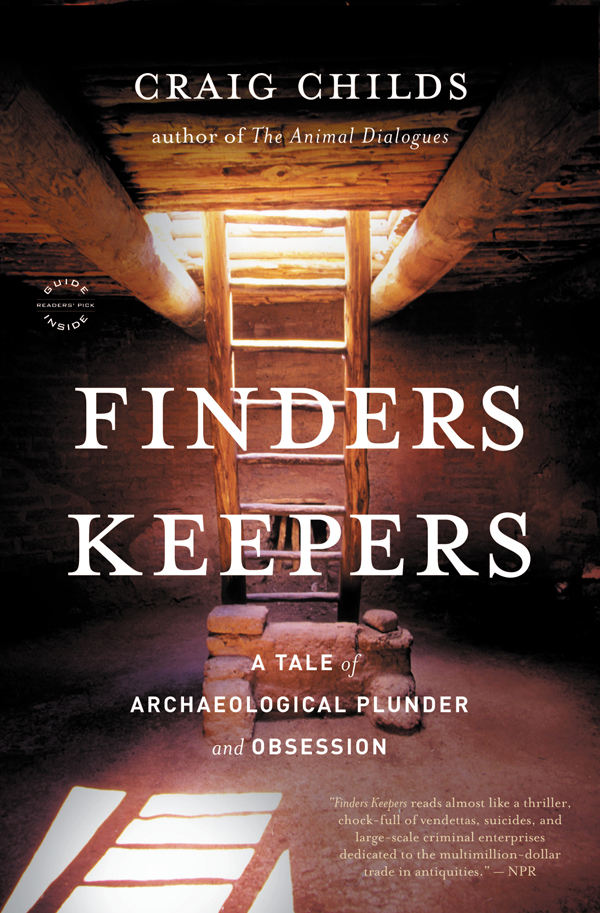
In accordance with the U.S. Copyright Act of 1976, the scanning, uploading, and electronic sharing of any part of this book without the permission of the publisher is unlawful piracy and theft of the authors intellectual property. If you would like to use material from the book (other than for review purposes), prior written permission must be obtained by contacting the publisher at permissions@hbgusa.com. Thank you for your support of the authors rights.
Thank you for buying this ebook, published by Hachette Digital.
To receive special offers, bonus content, and news about our latest ebooks and apps, sign up for our newsletters.
Sign Up
Or visit us at hachettebookgroup.com/newsletters
For more about this book and author, visit Bookish.com.
Copyright 2010 by Craig Childs
Reading group guide copyright 2013 by Craig Childs and Little, Brown and Company
Cover design by Karen Horton, cover photograph Visions of America, LLC/Alamy
Cover copyright 2013 by Hachette Book Group, Inc.
All rights reserved. In accordance with the U.S. Copyright Act of 1976, the scanning, uploading, and electronic sharing of any part of this book without the permission of the publisher constitute unlawful piracy and theft of the authors intellectual property. If you would like to use material from the book (other than for review purposes), prior written permission must be obtained by contacting the publisher at . Thank you for your support of the authors rights.
Little, Brown and Company
Hachette Book Group
237 Park Avenue, New York, NY 10017
littlebrown.com
twitter.com/littlebrown
facebook.com/littlebrownandcompany
First ebook edition: August 2010
Little, Brown and Company is a division of Hachette Book Group, Inc. The Little, Brown name and logo are trademarks of Hachette Book Group, Inc.
The publisher is not responsible for websites (or their content) that are not owned by the publisher.
The Hachette Speakers Bureau provides a wide range of authors for speaking events. To find out more, go to hachettespeakersbureau.com or call (866) 376-6591.
ISBN 978-0-316-05249-8
Praise for C RAIG C HILDS S
F INDERS K EEPERS

A fascinating book, full of swashbuckling pothunters, FBI raids, greasy museum curators who dont really care, and many, many other characters. Childs looks at moral issues from varied angles. He doubts others as he doubts himself, a beautiful inverse of the Golden Rule.
Susan Salter Reynolds, Los Angeles Times
Craig Childs understands archaeological epiphanies, and he beautifully captures them along with the moral ambiguities that come from exposing a long-hidden world.
George Johnson, New York Times Book Review
Finders Keepers may be Childss most tender and ferocious dissection. If you have ever ached to possessor lost what you believed you possessed to change, time, or someone elseyou may find yourself equally possessed by Childss razor-edge analysis and compassion.
Mary Sojourner, Psychology Today
Reads almost like a thriller, chock-full of vendettas, suicides, and large-scale criminal enterprises dedicated to the multimillion-dollar trade in antiquities.
NPR
Childs is a superb storyteller. A cross between Indiana Jones and a parliamentary debate. As Childs makes clear in this engrossing book, how people grapple with the past is as varied as history itself.
Jonathon Keats, New Scientist
Childs is the love child of Indiana Jones and George Hayduke. In his passionate and outspoken new book, he expands his scope to a global scale to look at the ethical dilemmas archaeology poses. His topic is the past, and particularly its material remains. Who owns the past? And what, if anything, do we owe it?
Anita Guerrini, The Oregonian
Even Indiana Jones would be scared by some of the plunderers Childs uncovers.
Billy Heller, New York Post
This is a delightful account of the complicated world of archaeology by an author who loves (one might say is borderline obsessed with) the past. This nicely wrought, even poetic book about archaeological excavation and the variety of people who are passionate about the past and its artifacts will fascinate everyone from high school students to professional archaeologists digging in the field. Highly recommended.
Library Journal

The Animal Dialogues
House of Rain
The Way Out
The Desert Cries
Soul of Nowhere
The Secret Knowledge of Water
Apocalyptic Planet
For my dad,
his bones and ashes
scattered across the desert
Events in time are notboomover.
They have tentacles, and they wrap around,
and they swish back and forth,
and they sink and swim.
A MY F USSELMAN ,
8: A LL T RUE: U NBELIEVABLE

A ll characters and names in this book are real but for Art and Betty Cooper, who requested anonymity to keep their collection safe.
I frequently use the word archaeology, which has different meanings based on context. While it describes the scientific discipline itself, I also use the word to define the presence of archaeological material, e.g., There was archaeology all over the place. It also refers to the larger arena surrounding artifacts, e.g., Archaeology is one big stinking mess.

H er eyes looked tired, as if she had not slept in days. When I asked if shed talk to me about her work as an archaeologist, she told me she was an unreliable source. I said not to worry, that Id just like to hear her story. But her face worried me, and I felt like I was interviewing a vampire.
I had a beer, nothing for her. An attractive woman with a penetrating gaze, she had her legs stretched out in the booth. She had been working as a contract archaeologist documenting and clearing human remains and artifacts for a highway expansion across the Navajo reservation in northern New Mexico. She said dead people were everywhere, remains of thousands of years of occupation; the whole place was a graveyard. She and her crew would dig by day, then go back to some cheap motel room. She said that there was so much sex and drinking that now it seemed like a dream, a hedonistic foray in the land of the dead. She was raw labor in the growing field of cultural resource management, working for an environmental consulting firm that sent excavators out to clear the way for development, to pull up pots, effigies, offerings, and bones in accordance with the law. She called herself a death-eater.
Sitting at the booth she whispered, I hate the Navajo.
The people? I asked.
No, the place, she said. The reservation.
She told me guys would come up to her, Navajo men, and tell her she should not be doing this. They said witches would come at night, steal the bones of people she was digging up, and grind them into powder that would be used in black magic rituals, hexes. She tried to reassure them by saying that when she and her colleagues found burials, the police would keep an eye on the sites until they could get them cleared out. That is when one man told her that police sell bones to witches, not enough that she would even notice, but enough to kill with. Navajo traditions are rife with death taboos and rumors of sorcerymakes sense in the Southwest, where bones are constantly weathering from the ground. The Navajo have learned you dont touch dead peoples things. They arent yours. They just bring trouble.
Next page

